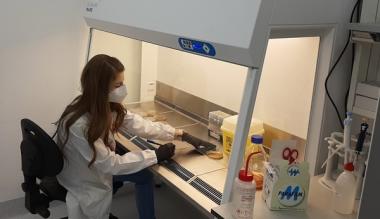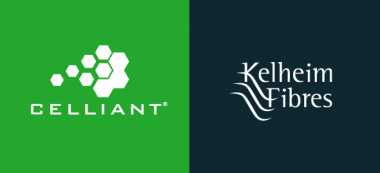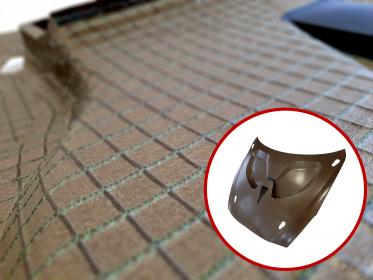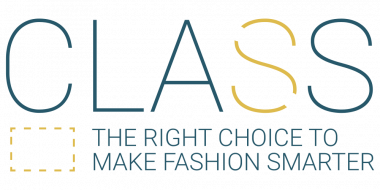RadiciGroup: Producing apparel from waste oil
RadiciGroup demonstrates the feasibility of industrial-scale production of polyamides (nylon) starting from bio adipic acid obtained from renewable raw materials, including waste oil and by-products of the oil industry. Potential application sectors for the process and products are textile/fashion, automotive, design, electrical and electronics.
The research was conducted through the Ulysses project and experimentation was performed in collaboration with research centres and universities. Partial funding was received from the Region of Piedmont, within the scope of the “Call for Proposals IR2 (Industrialization of research results)”. The ambitious, innovative multiyear project was launched in March 2018 and stemmed from RadiciGroup's desire to increase the sustainability of its products, whilst delivering the same quality and performance as required by product standards. What is more, the Group wanted to meet the demand coming from its various strategic sectors, in line with the European targets for the development of low-emission businesses and a circular economy.
RadiciGroup





































